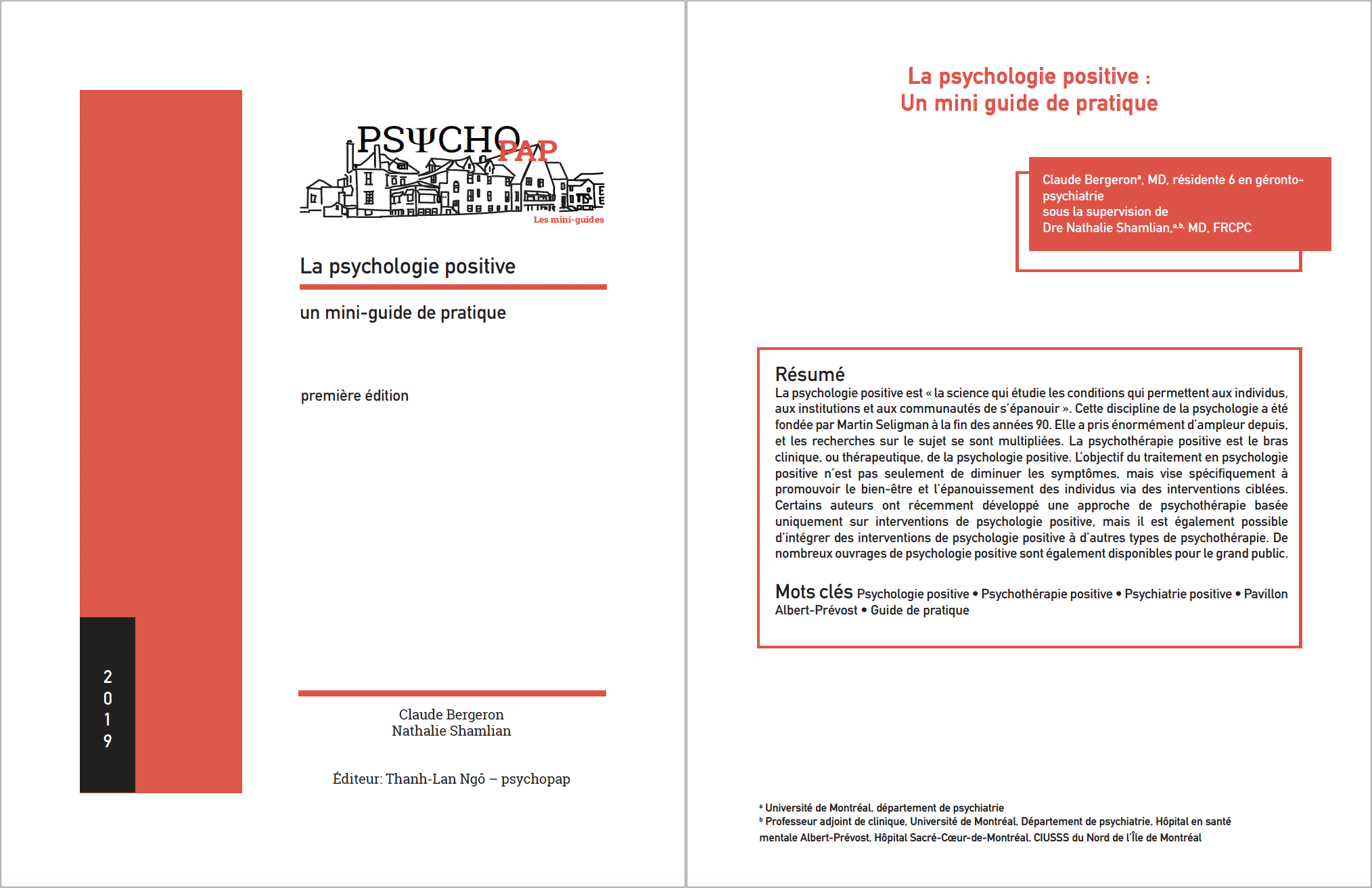In the digital age, a silent revolution is taking place in the field of mental health. THE digital therapies emerge as an innovative response to the growing challenges of psychological health, opening up new perspectives for individuals and health professionals. These technological solutions, integrated with remote therapy applications and online support platforms, provide easier and personalized access to psychological care. Through methods like online cognitive behavioral therapy and therapeutic interventions via digital tools, patients benefit from a flexible framework, tailored to their specific needs.
There digital transformation mental health is not limited to a simple improvement of services; it redefines our way of perceiving and approaching psychological care. By allowing a increased awareness mental health issues, technology plays a crucial role in reducing stigma and facilitating the dissemination of essential information. Through this exploration of technological innovations, it is becoming clear that digital mental health is proving to be a promising springboard towards a future where psychological well-being is more accessible than ever.
Currently, the digital transformation in the field of mental health is booming, with the emergence of digital therapies that transform traditional treatment approaches. This phenomenon is fueled by the increase in cases of mental disorders, exacerbated by factors such as confinement due to the recent pandemic. According to the World Health Organization, the prevalence of mental disorders increased by 25% in some countries during this period. This surge in need has led to an unprecedented activation of technology to respond to this crisis.
Technological innovations in the service of mental health
THE technological innovations include a variety of tools, from mobile applications to artificial intelligence-based programs. Furthermore, the telemedicine has quickly gained popularity, allowing patients to access care without having to travel. For example, recent studies show that 65% of mental health app users report a significant improvement in their mental well-being after using these tools.
Companies specializing in digital therapy use advanced algorithms to offer personalized recommendations, analyzing users’ behaviors and emotional responses. A study conducted by the University of California found that using chatbots to manage anxiety and depression allowed almost 70% of users to get immediate and effective support without stigma.
Challenges and ethical considerations in the use of digital therapeutics
Despite the undeniable benefits, the integration of digital therapies presents significant challenges. Concerns about the data security and user privacy remain at the forefront. The incessant collection of data can expose individuals to potential privacy violations. Indeed, the National Commission for Information Technology and Liberties (CNIL) highlights the issues related to the protection of sensitive information in the digital domain.
To overcome these obstacles, businesses must implement strict data protection protocols. Furthermore, it is crucial to ensure total transparency towards users regarding the use of their personal data. This can build confidence and encourage more individuals to turn to these digital therapies.
Practical Strategies to Maximize the Effectiveness of Digital Therapeutics
To take full advantage of digital therapies, it is essential to adopt appropriate strategies. First of all, users are advised to look for certified apps and platforms, which have scientific evidence of their effectiveness. For example, resources such as the site Global Health provide access to studies and evaluations of available tools, thus allowing informed selection.
Additionally, it is fundamental to integrate these digital tools into a daily routine, for example by defining specific times to engage with these resources. One study showed that users who had a structured schedule of sessions via an app experienced significantly more positive results than those who didn’t have a set plan.
Finally, it is also recommended to rely on professional support. Platforms like Global Health encourage collaboration between digital therapies and traditional medical consultations, allowing patients to benefit from holistic and comprehensive treatment.

"Les thérapies numériques sont des solutions permettant d’accompagner les patients dans la prise de leur traitement ou pouvant se substituer complètement aux médicaments." On les appelle aussi #DTx #DigitalTherapeutics et c'est le métier de @Bliss_DTx 😉https://t.co/d2nvvrp9lI
— Mélanie Péron (@MlaniePron1) July 7, 2022












